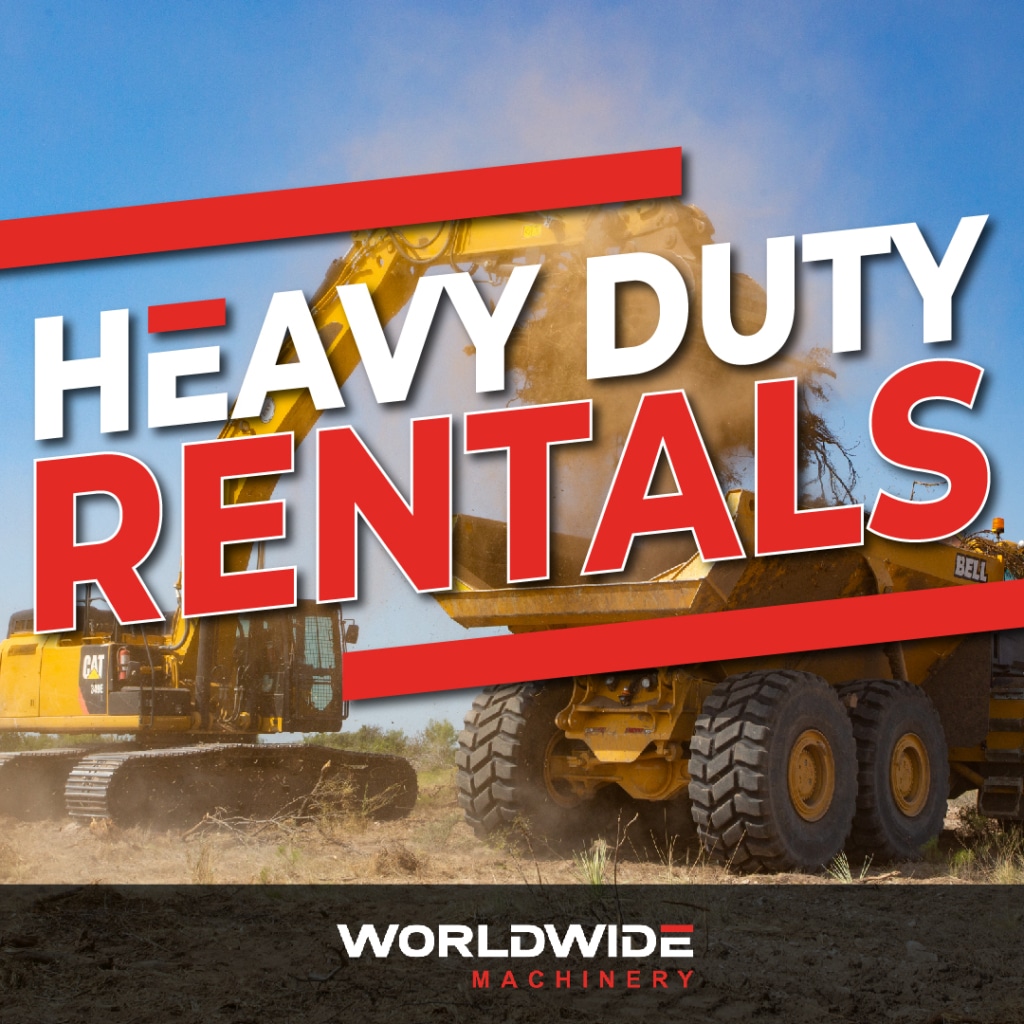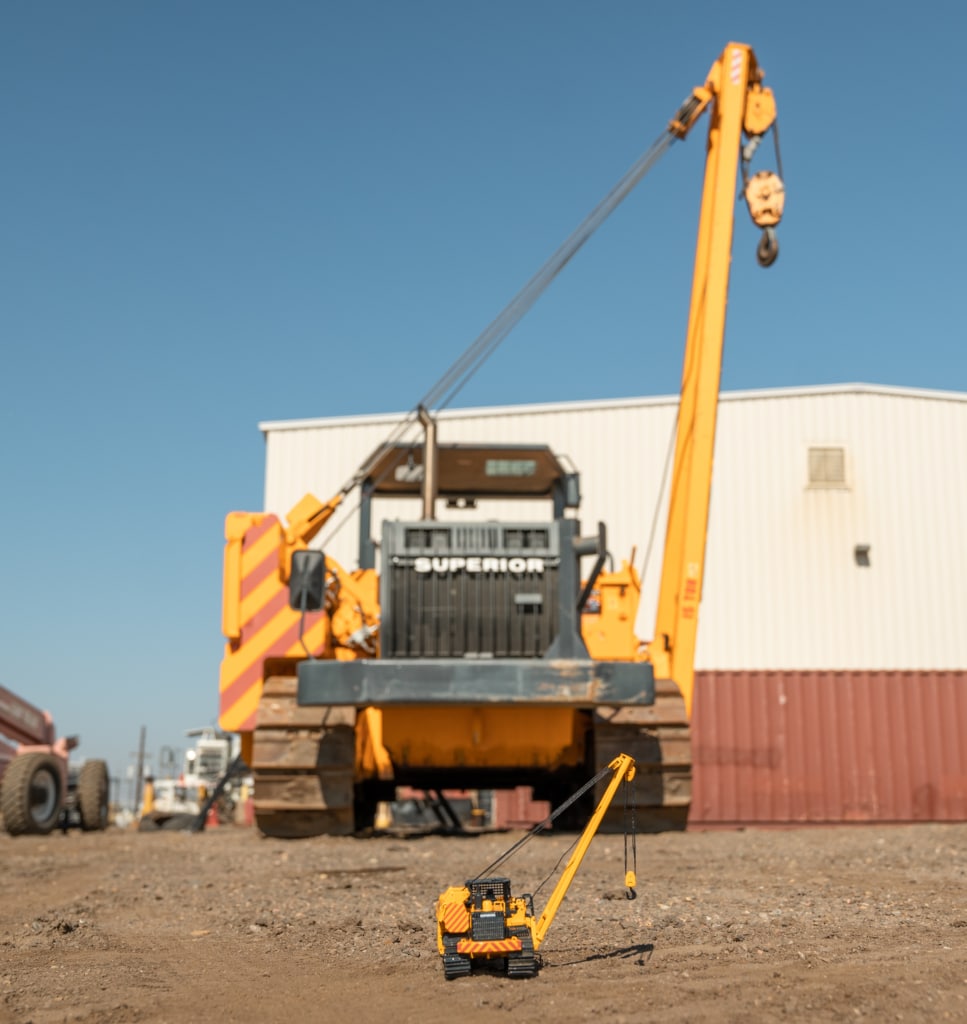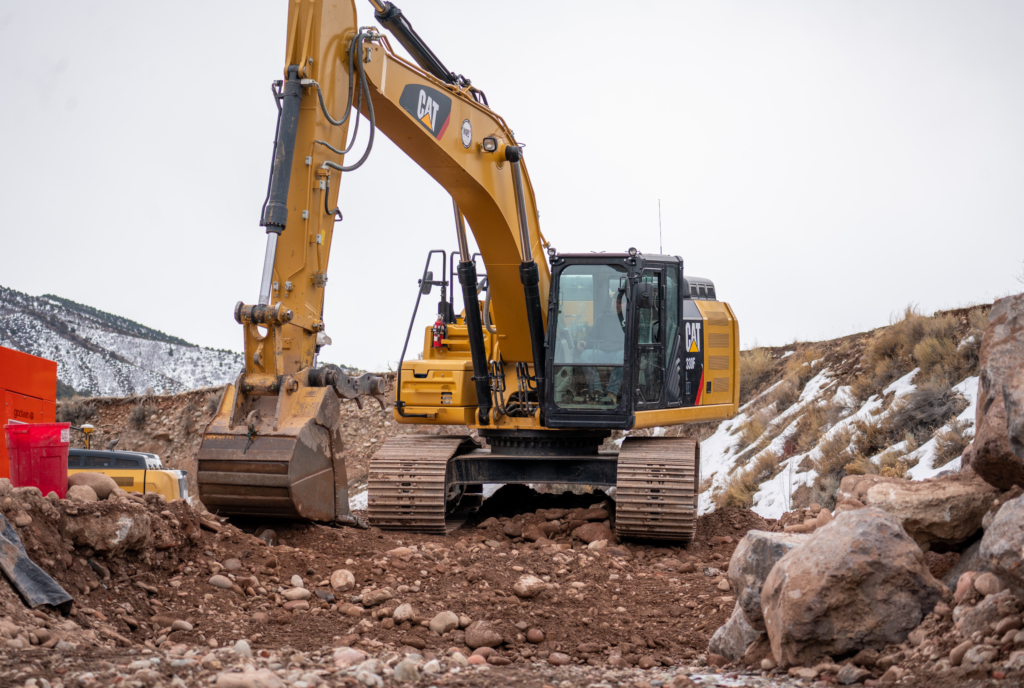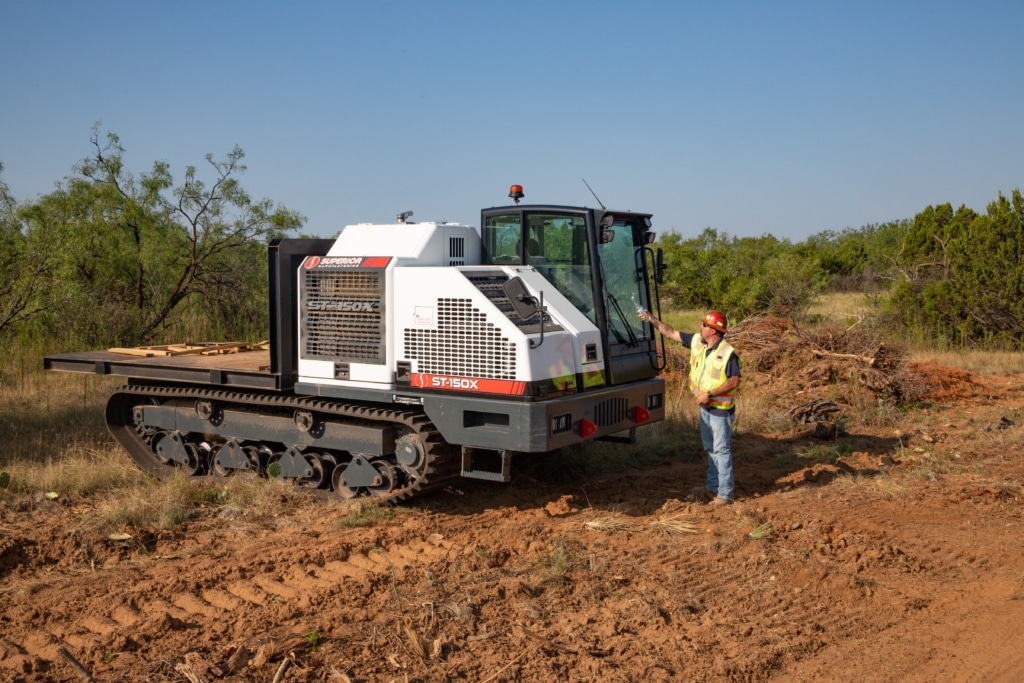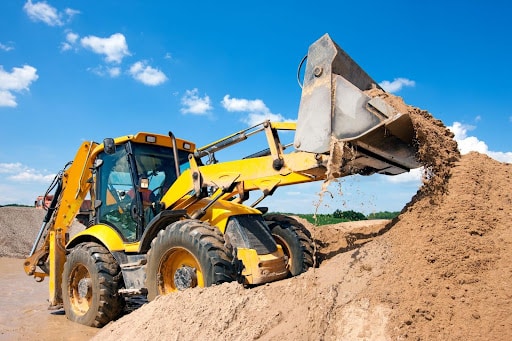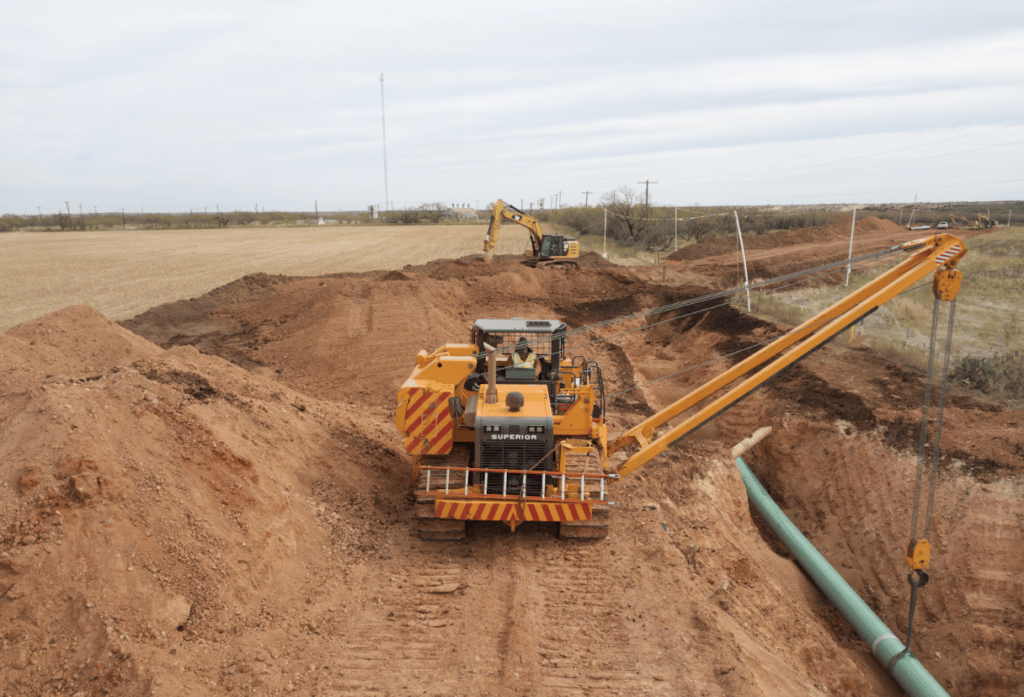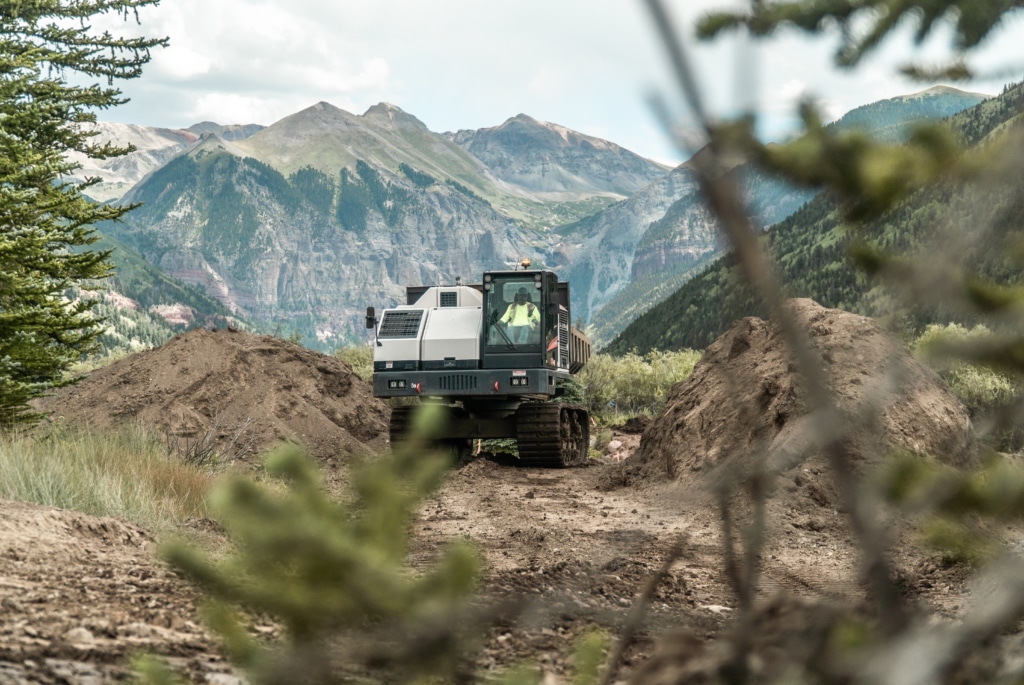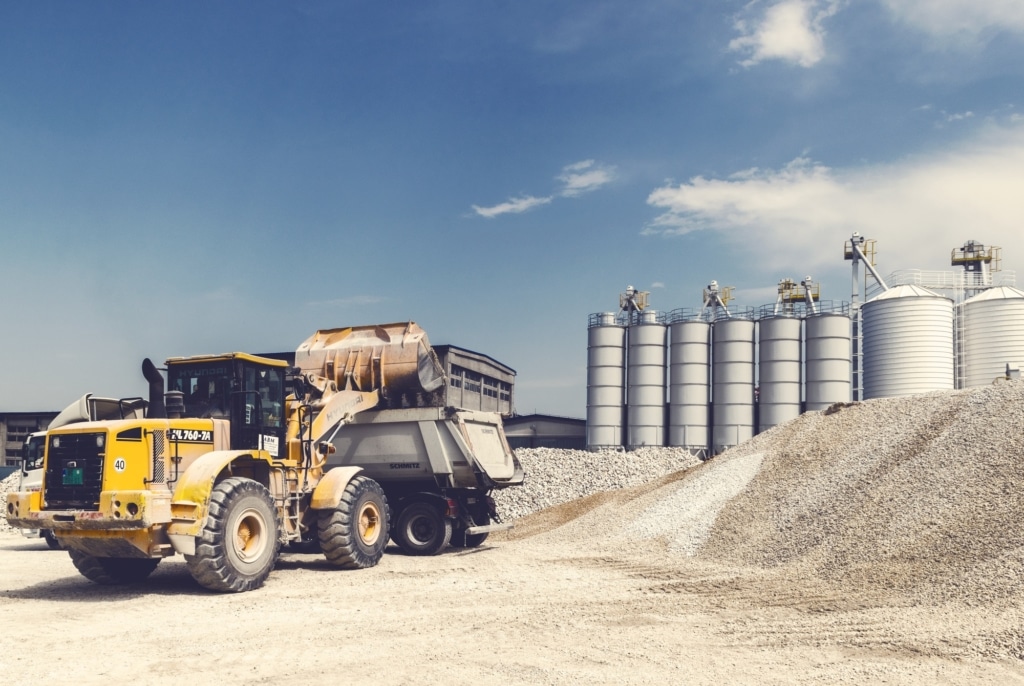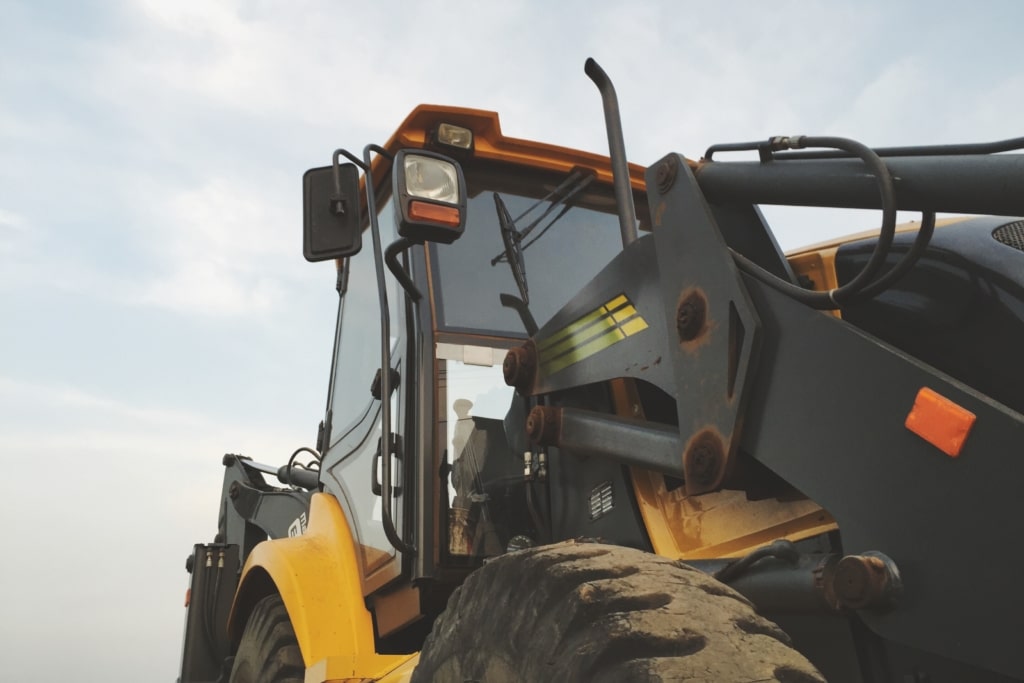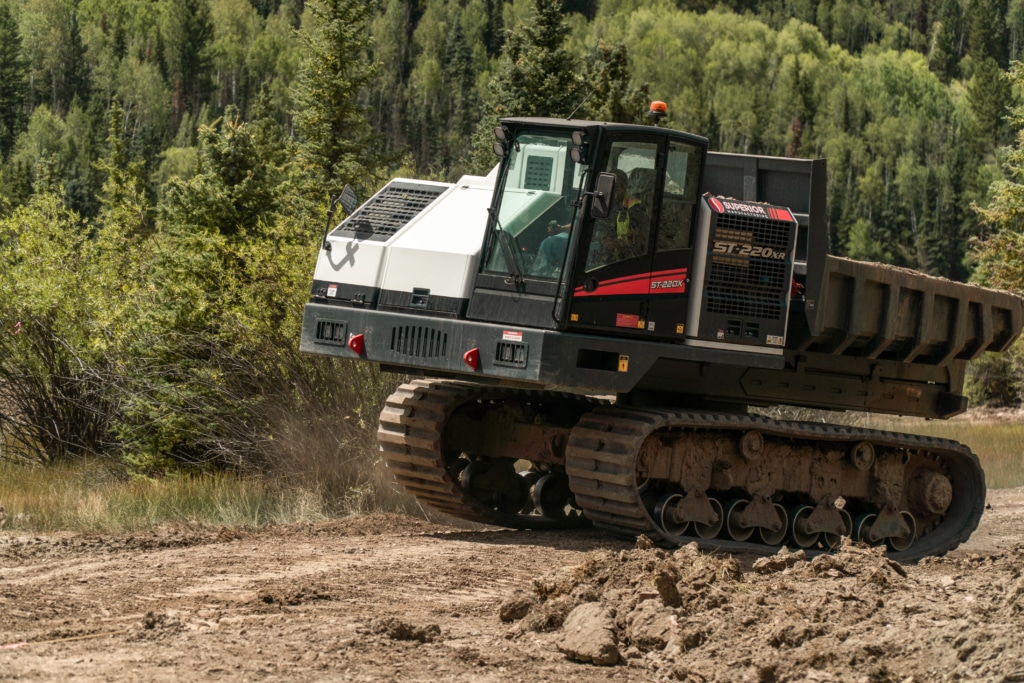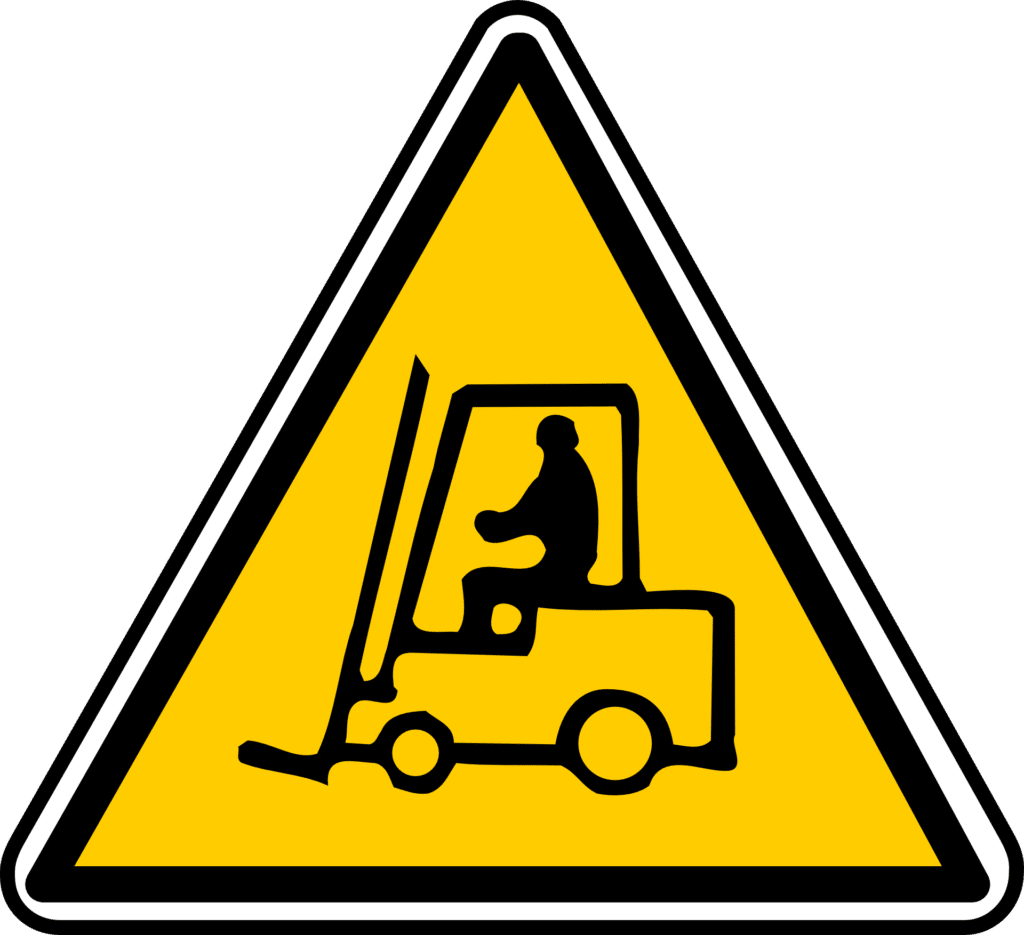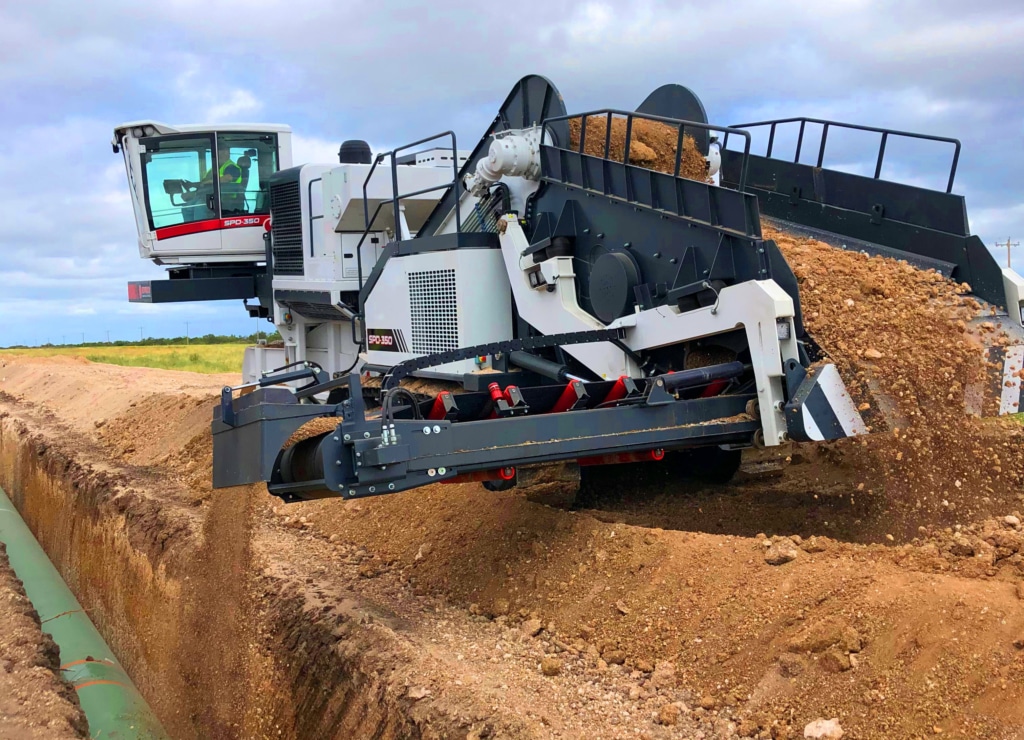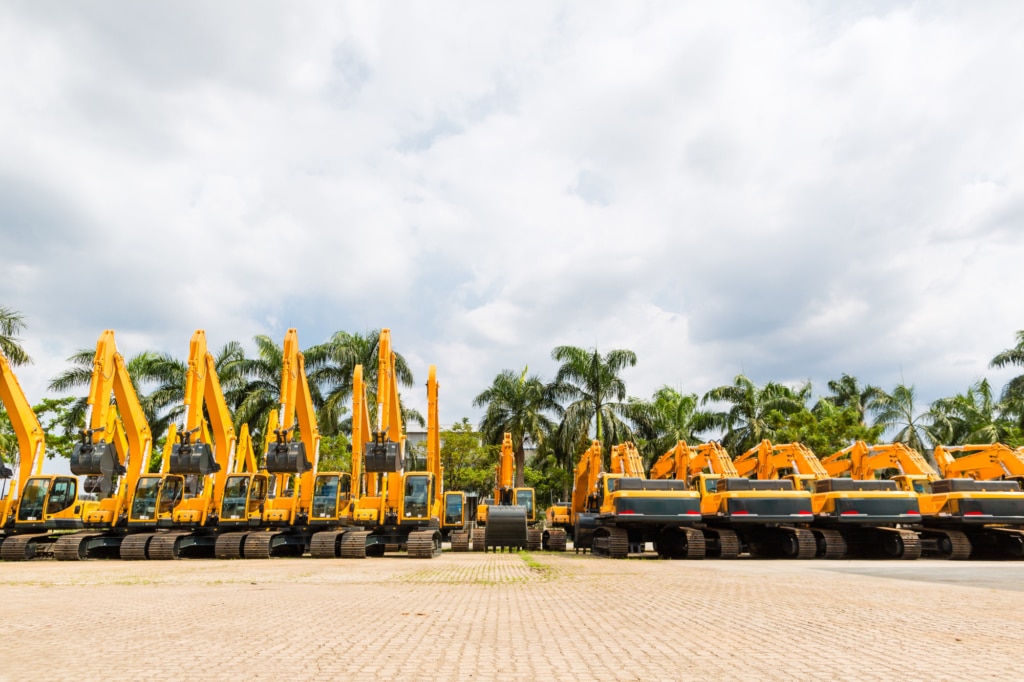In 2020, the global heavy construction equipment market size was valued at around $172.2 billion — and is projected to hit a whopping $273.5 billion by 2030.
It’s no secret that heavy machinery is crucial in the development of different industries, areas, and countries, but purchasing expensive equipment isn’t always the way to go.
If your business is planning on making heavy equipment rentals, there are several things you should consider to get the most out of your money. We’ll tell you everything you need — just keep reading to learn more.
Heavy Equipment Rentals: How Does it Work?
Renting construction equipment is the same process as any other rental. If a business doesn’t think that it needs to fully invest or purchase a type of equipment, it’ll rent it instead.
Like every rental situation, there are benefits to buying and benefits to renting.
Some advantages of buying include:
- Can be cheaper for your business over the long term
- You can get a return on your investment
- You’ll always have the equipment available when you need it
- Potential tax advantages
Some advantages of renting include:
- Access to a variety of equipment
- Save on storage expenses
- Major repairs are handled by the rental company
- You can conserve capital and manage risk
Just because you’re spending less on a rental doesn’t mean you don’t need to prepare, though. Before making the rental decision, make sure to research thoroughly and prepare in advance. Know exactly what you need out of your construction rentals.
Find a trustworthy rental partner and let them know all of the important details of the rental agreement, and prepare your team to use the machinery.
Types of Equipment
Before renting your equipment, it’s crucial to research thoroughly to find the machinery that will get your job done most effectively. Not only does it need to be the best machine for the job, but it has to adhere to the conditions of the job site as well.
To do this, make sure you visit the job site and have an understanding of any needs and limitations. Research online what type of machinery works the best, and reach out to a trusted equipment supplier to get advice on what will work for you best.
There’s no shortage of choices when it comes to heavy machinery. Some examples include:
- Crawler Carriers
- Pipelayers
- Padding Machines
- Dozers
- Excavators
- Pipe Bending Machines
- Agricultural Tractors
- Scrapers
- Wheel Loaders
A good rental company will also have attachments that can be rented, including:
- Discs
- Land Levelers
- Padding Buckets
- Suction Pads
- Hammers
Make sure to compare prices and availability between different equipment suppliers to make sure you get the most bang for your buck.
Preparing in Advance For Your Rental
All large construction projects require you to prepare far in advance, whether it is days, weeks, months, or even years. Renting machinery for the job is no different.
See what kind of materials you will be working with and if you’ll need any extra equipment to support the machinery you’re renting. Check the weather to make sure that what you’re getting will be able to operate.
This way, you won’t be scrambling to figure things out when your rental arrives. You’ll be able to hit the ground running and utilize all of your rental period.
You also might need to reserve certain pieces of equipment as early as possible to make sure that it is available when you need them. This will ensure that you get the perfect equipment and that it is well-maintained for your job.
The more prepared you are for the situation, the more you can get the most out of your rental.
Gather All Job Site Information Before Making a Rental
Getting the perfect equipment for your job means knowing your job site information like the back of your hand. You’ll need to know:
- Proper job site address
- Site contact information
- Where to drop off the equipment
Not planning diligently can lead to miscommunication and wasted hours or even days of your rental period. Making sure you’re prepared with all of the information means you can have direct communication with the supplier. This will give you a more seamless experience and make it easier for your supplier to provide support if you need it.
With Worldwide Machinery, getting a quote is straightforward. You’ll go through these simple steps:
- Find all of the equipment you need on our easy-to-use website and add it to your cart
- Specify the estimated start date and how long you’ll need the equipment
- Enter your job site address
- Enter basic information like name, company, and email
That’s it! Just send in your request, and a helpful rep will reach out to you quickly.
Cost Factors With Equipment Rentals
Renting heavy equipment does come with a few more fees other than the equipment itself, so it’s important to get to know these so that you don’t end up with any nasty surprises on the bill.
Although they may differ from supplier to supplier, some fees to expect when renting include:
- Price of the equipment for the allotted time
- Sales tax, when applicable
- Delivery and pickup fee
- Environmental fees
With this in mind, make sure to clarify with the sales rep if the quote that they supply is the base price of the equipment or if it covers the entire rental cost. This will help you be prepared for the final price and allow you to budget for it accordingly.
Get the Most Out of Your Heavy Equipment Rentals
Now that you know what to expect with your heavy equipment rentals, it’s time to take action.
If you’re looking for the best prices on rental equipment with an experienced and trustworthy supplier, look no further. Worldwide Machinery is a family-owned and operated business that provides unsurpassed flexibility, exceptional service, and un-compromised value.
Get a quote for your rental machinery today!

